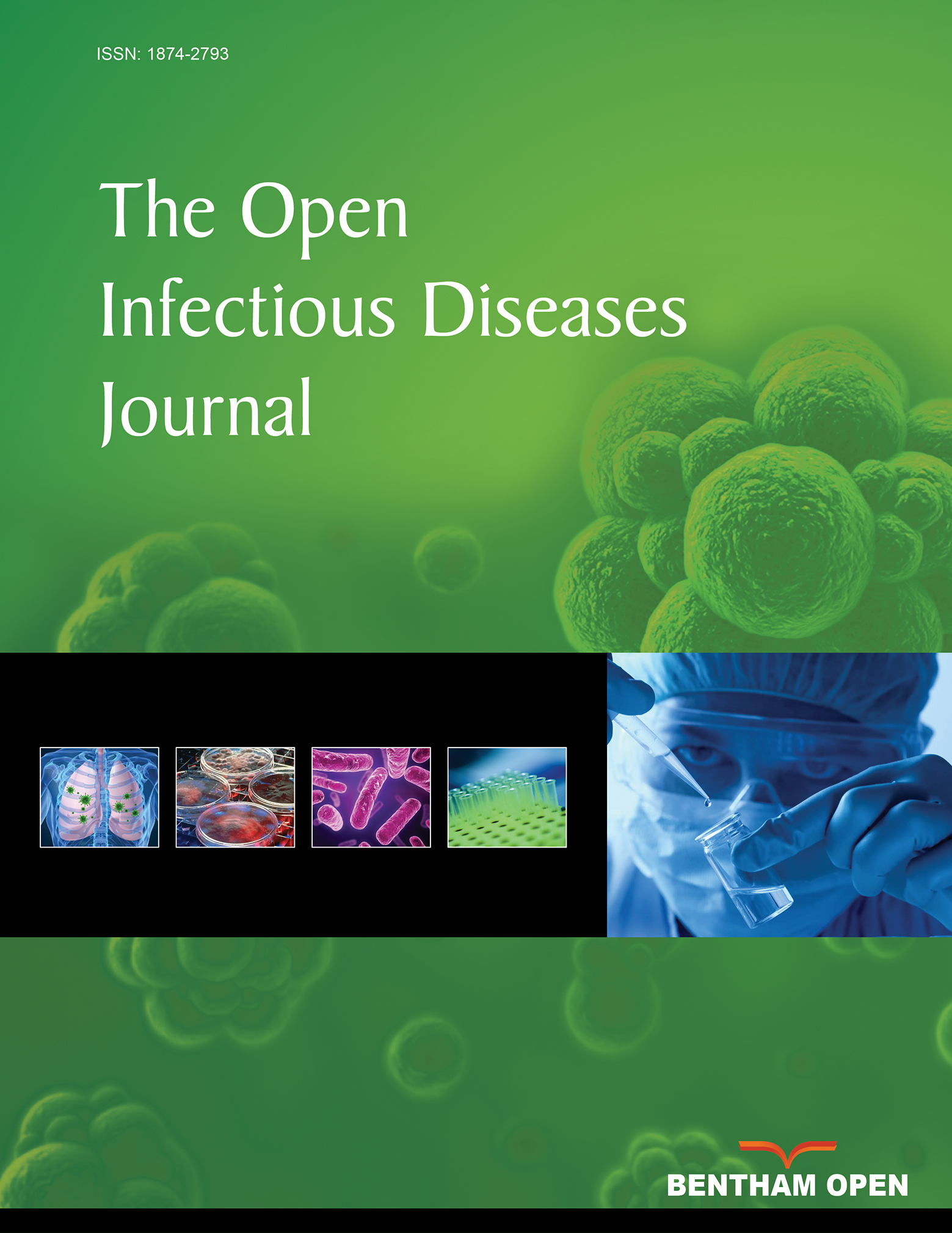All published articles of this journal are available on ScienceDirect.
Chikungunya Fever: A New Concern For the Western Hemisphere
Abstract
Chikungunya virus has spread from Tanzania and has caused autochthonous transmission throughout Africa and Asia, and most recently in Europe, and the Americas. Transmission into new geographical areas has been facilitated by many factors including international travel, genetic adaptation of the virus to the vectors, and a breakdown of vector control measures. The economic impact on affected countries may be severe as a result of the immediate effect on the healthcare services and loss of man-hours as well as the potential effect on tourism. Effective control will require early diagnosis and isolation of viremic persons as well as enhanced environmental measures. To stop transmission in the region will require a regional effort that involves public education and an interdisciplinary One Health approach.


